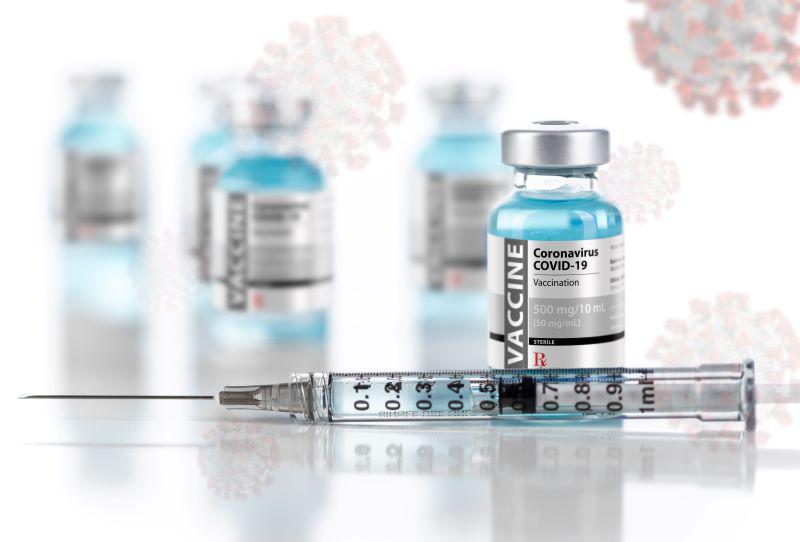Get Healthy!

- Cara Murez
- Posted October 2, 2023
Nobel Prize for Medicine Awarded to COVID Vaccine Pioneers
This year's Nobel Prize for physiology or medicine has been awarded to two scientists who laid the groundwork years ago for the mRNA research that made COVID-19 vaccines possible.
Dr. Katalin Karikó, the 13th woman to ever receive the honor, and Dr. Drew Weissman, began working together at the University of Pennsylvania in the 1990s, according to a news release from the Nobel Prize Committee.
Their scientific achievement was a modification to mRNA. That chemical change made it possible for Pfizer/BioNTech and Moderna to develop and provide more than 650 million doses of COVID-19 vaccines between them.
Their discovery "fundamentally changed our understanding of how mRNA interacts with our immune system,"the panel that awarded the prize said, adding that the work "contributed to the unprecedented rate of vaccine development during one of the greatest threats to human health in modern times."
The five other Nobel Prizes, in physics, chemistry, economic sciences, literature and peace, will be awarded between Tuesday of this week and next Monday.
Karikó emigrated from Hungary to the United States in the 1970s when her research program at a Hungarian university ran out of money, The New York Times reported. She was focused on the possibilities of mRNA, which provides instructions to cells to make proteins, despite the belief by many that it was not clinically usable.
Weissman was a physician and virologist when they met, looking for a new approach to a vaccine for HIV, the Times reported.
The pair worked together to see if mRNA might work for the HIV vaccine. But cells destroyed the delicate mRNA instantly in numerous mouse experiments, with the immune system detecting mRNA and seeing it as a pathogen.
Together the scientists discovered that cells use a specific chemical modification to protect their own mRNA. They made this chemical tweak to mRNA in the lab, added it to cells and the idea worked.
This wasn't an idea that interested the mainstream at that time and the authors published the paper on their research in the journal Immunity after it was rejected by more prominent journals, the Times reported.
But BioNTech and Moderna were interested and began studying mRNA vaccines for flu and cytomegalovirus, among other illnesses in clinical trials, but the full potential of mRNA vaccines wasn't realized until COVID-19 hit, the Times reported.
More information
The U.S. Centers for Disease Control and Prevention has more on COVID-19 vaccines.
SOURCES: Nobel Prize Committee for Physiology and Medicine, news release, Oct. 2, 2023; The New York Times, Oct. 2, 2023

